Note: You can see our blog post defining burnout and its symptoms here, and a post on one strategy to cope with it here
In pre-clerkship, I would have told you that I would be able to recognize burnout in myself and my colleagues when it happened. Because, of course, based on the statistics, it would happen to some of us someday! I would have told you that there are many things that can be done to mitigate burnout, and that I, of course, would do them. Get a good night’s sleep, go home when you’re told to go home, make sure you’re eating right, take time for yourself. The thing is, clerkship came, and it just wasn’t that simple. With CaRMS hanging over our heads, we didn’t say no when we didn’t have the energy. We said it’s okay, I don’t mind staying when our preceptors suggested we go home after ten hours at the hospital. We didn’t get eight hours of sleep, we missed meals, we missed workouts, and either missed or were half present during time with friends and family. We filled our “free time” with studying, research projects, and other extracurriculars. We sometimes did, but definitely didn’t always, take the time to unpack complex emotions or debrief after the first time we were part of a code, or a patient died, or we observed a medical error with awful consequences.
We did talk about it. We discussed how difficult it was. We knew, and we tried to take better care of ourselves. We continued to remind each other why we are doing what we are doing. For the record, I don’t think burnout dominated our experience of clerkship. I think most of us would agree that clerkship was an incredibly rich, unique, amazing experience that we feel privileged to have undergone. I do think though that many (most?) of us experienced symptoms of burnout at some point or another during clerkship.
I didn’t notice my own symptoms at first, because they didn’t come out in the clinical setting. Maybe my patients were affected to some degree, but I actively worked to prevent that. I carefully monitored my thoughts and feelings towards patients to ensure that I wasn’t feeling compassion fatigue. What I didn’t realize, however, was that compassion fatigue can manifest in your personal life too. For me, it shone clearly through in the way I treated my family, friends, and partner. After a long day of seeing suicidal or psychotic patients in the emergency department, or listening to and empathizing with oncology patients, or even just seeing coughs and colds on an urgent care shift, I had nothing left. When my partner, parent, sibling, or friend needed someone to just empathize, something that had always been one of my best qualities, I didn’t have the energy to listen. I found myself annoyed with the people I loved for burdening me with more problems, when all I’d done all day was listen to other people’s.
I guess what I’m trying to say is, they’re not kidding when they call burnout insidious. The early symptoms probably happen to all of us, at some point, in some way or another. And it’s TOTALLY OKAY to admit it. Burnout isn’t a dirty word. I’d like to say I’ve figured it all out, and that I can impart some sort of wisdom upon you all to prevent it and/or fix it. But I can’t. I don’t know the answer to this problem our profession wrestles with. My friends and I have all changed, in mostly good ways and a few not-so-good ways, from our first year in the clinical setting. It’s been an incredible experience. Now, I’m actively trying to recognize when I’m feeling symptoms of burnout and create a better balance in my life to help me cope with them. I’ll let you know if I come up with something revolutionary. In the meantime, I’ll direct you to www.thehappymd.com , a site I’ve used to learn about burnout and educate my family and friends on what I’m feeling.
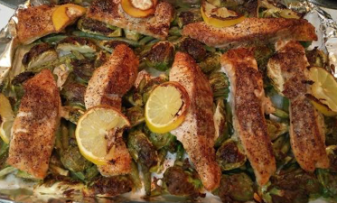
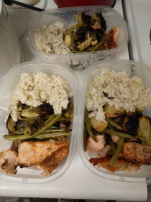

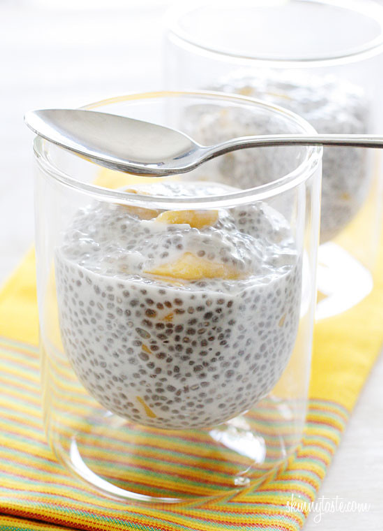 Healthy & Quick Breakfast Meals
Healthy & Quick Breakfast Meals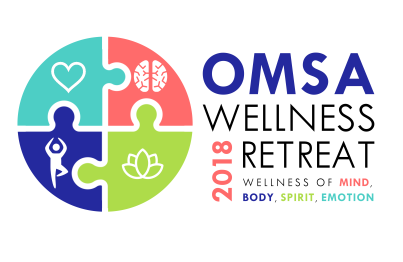
 I found this to be extremely relaxing – even reading for 10 minutes before bed had a significant impact on my mindset. I was able to forget about my daily life stressors and immerse myself into the story, which consequently made it easier to sleep. Also, by reading a book instead of watching TV, I was able to avoid being on my laptop, which felt like a break from the daily work. It gave me the sense that work-time was now over, and got me into the mindset for sleep. Also, I was able to avoid the bright light from my laptop right before bed, which may have helped attain a proper sleep as well.
I found this to be extremely relaxing – even reading for 10 minutes before bed had a significant impact on my mindset. I was able to forget about my daily life stressors and immerse myself into the story, which consequently made it easier to sleep. Also, by reading a book instead of watching TV, I was able to avoid being on my laptop, which felt like a break from the daily work. It gave me the sense that work-time was now over, and got me into the mindset for sleep. Also, I was able to avoid the bright light from my laptop right before bed, which may have helped attain a proper sleep as well.  It was day five of my first surgical rotation in clerkship. A Friday in November – another day on the wards and in the OR. Waking up at 5am and getting home after 5pm; arriving to and leaving from the hospitalin darkness. I adjusted to my new schedule well. I was going to bed early, meal prepping and coming to the hospital each morning with a positive attitude. I had a gym membership and was going regularly. It seemed as though my self-care was optimal. I thought that I had finally figured it out – the way to prepare myself physically and mentally for the responsibilities of clerkship.
It was day five of my first surgical rotation in clerkship. A Friday in November – another day on the wards and in the OR. Waking up at 5am and getting home after 5pm; arriving to and leaving from the hospitalin darkness. I adjusted to my new schedule well. I was going to bed early, meal prepping and coming to the hospital each morning with a positive attitude. I had a gym membership and was going regularly. It seemed as though my self-care was optimal. I thought that I had finally figured it out – the way to prepare myself physically and mentally for the responsibilities of clerkship.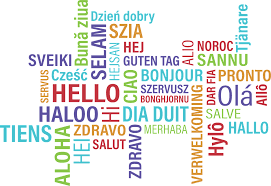
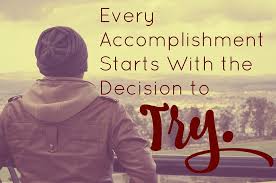 When I sat down with a friend to work on what would become the first provincial suicide intervention workshop for medical students, there were a ton of doubts. Who would go? Who would pay for it? Where would this happen? The questions kept going. It was discouraging.
When I sat down with a friend to work on what would become the first provincial suicide intervention workshop for medical students, there were a ton of doubts. Who would go? Who would pay for it? Where would this happen? The questions kept going. It was discouraging.